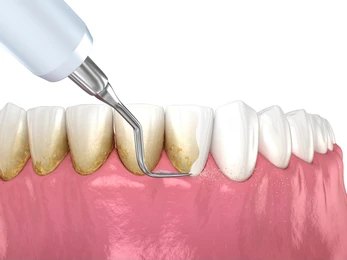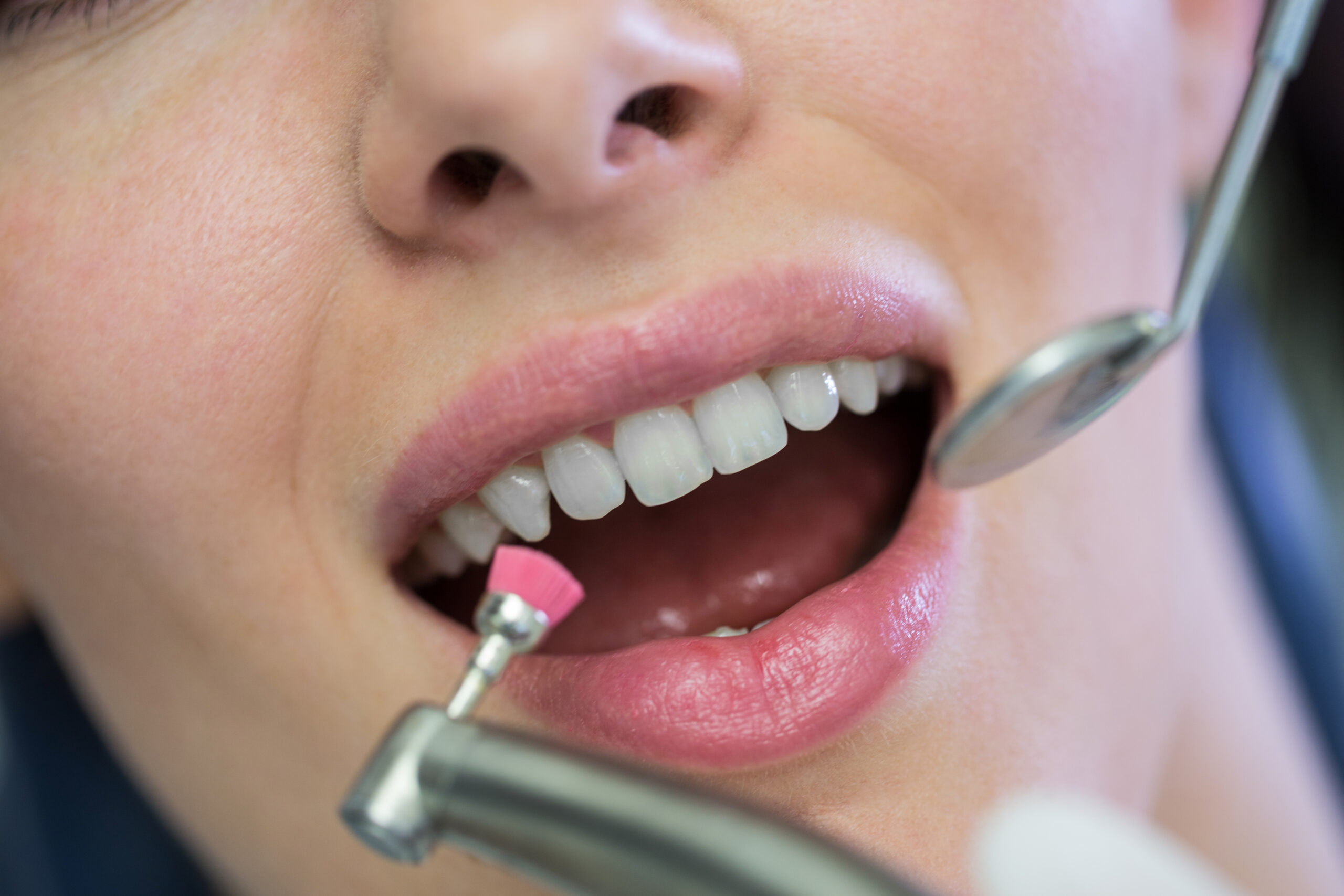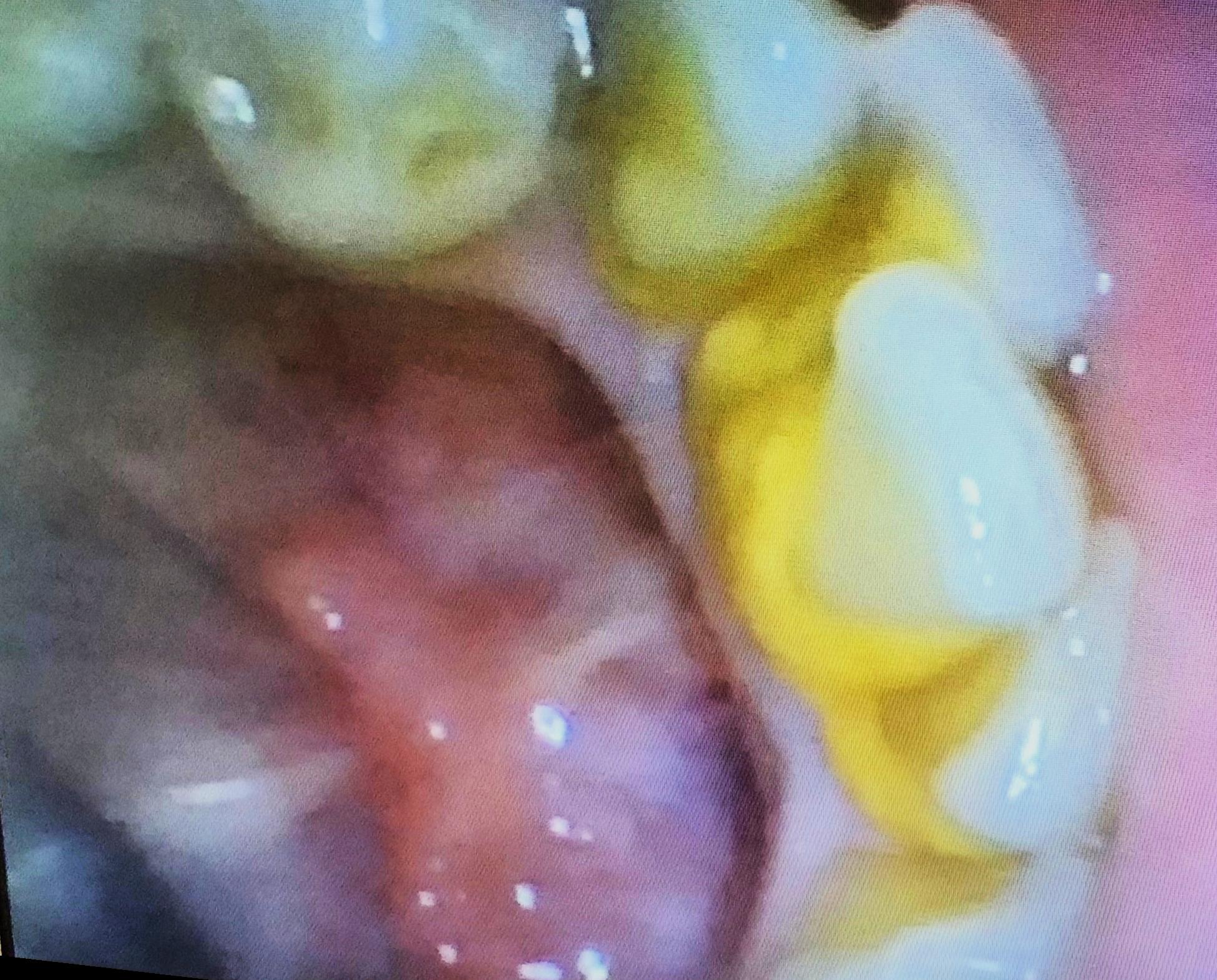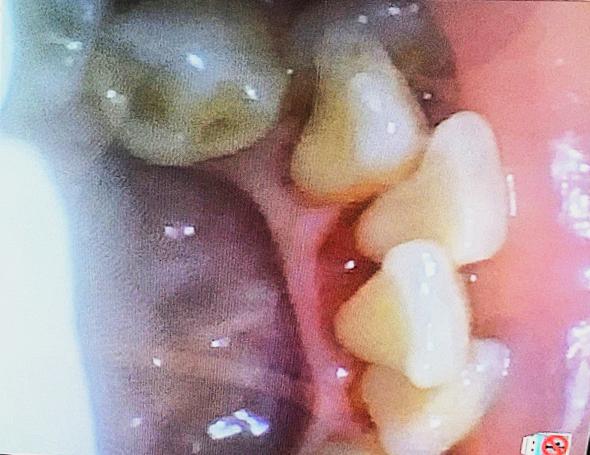Scale and Polish
Reach out today to experience personalized dental services tailored to your needs.




Regular dental checkups and cleanings are essential components of a comprehensive oral healthcare routine. These preventive services help ensure the long-term health of your teeth and gums, identify potential issues before they become serious, and maintain a bright, healthy smile. By visiting a dentist regularly, typically every six months, patients can enjoy numerous benefits, including the prevention of tooth decay, gum disease, and other oral health problems. Dental cleanings, in particular, help eliminate plaque and tartar buildup, which regular brushing and flossing alone cannot remove, while checkups allow your dentist to monitor the overall health of your mouth.
Procedure for Regular Dental Checkups and Cleanings
A standard dental checkup and cleaning involves a series of well-defined steps that focus on preventive care, early detection of issues, and professional maintenance of oral hygiene.
- Initial Examination and Medical History Review:
• Upon arrival, your dental team will ask you to update your medical history to ensure that any changes in your health are noted. This step is important because certain medical conditions or medications can impact your oral health.
• You will then undergo a general examination of your mouth, teeth, gums, and jaw. The dentist will check for signs of any oral health problems, such as cavities, gum disease, tooth sensitivity, or other abnormalities. - X-Rays (if necessary):
• In some cases, your dentist may recommend taking X-rays to get a more detailed view of your teeth, jawbone, and surrounding structures. X-rays help detect issues that are not visible during the clinical examination, such as cavities between teeth, bone loss, or infections that may be lurking beneath the surface. - Professional Teeth Cleaning:
• Scaling: A dental hygienist will begin the cleaning by removing plaque and tartar buildup from your teeth, both above and below the gumline. Plaque is a sticky film of bacteria that forms on teeth and can harden into tartar if not removed regularly. Tartar can only be removed through professional cleaning, as it cannot be eliminated by brushing and flossing alone.
• Polishing: After scaling, the hygienist will polish your teeth using a special gritty toothpaste and an electric polishing tool. This step smooths the surface of your teeth, helping to prevent future plaque buildup and leaving your teeth feeling smooth and fresh.
• Flossing: The hygienist will floss between your teeth to remove any remaining plaque or debris from hard-to-reach areas, ensuring that your teeth are thoroughly cleaned. - Oral Health Education:
• Your dental hygienist or dentist may take a moment to provide you with guidance on brushing, flossing, and any other aspects of your oral care routine. This education helps you maintain optimal oral hygiene between visits and minimize the risk of future dental problems. - Fluoride Treatment (optional):
• After cleaning, some patients may receive a fluoride treatment to help strengthen the enamel of their teeth. Fluoride helps prevent tooth decay and can be particularly beneficial for individuals with a history of cavities, dry mouth, or sensitivity. - Final Examination and Diagnosis:
• Once the cleaning is complete, the dentist will perform a final examination of your teeth and gums. During this time, they will check for any signs of cavities, gum disease, oral cancer, or other issues. If any problems are detected, the dentist will discuss possible treatments and develop a care plan tailored to your needs.
• The dentist may also assess your bite and jaw alignment to ensure that there are no issues related to occlusion (bite problems) that could affect your oral health. - Scheduling Future Appointments:
• Finally, the dentist or hygienist will recommend a follow-up schedule for your next checkup and cleaning. Typically, most patients are advised to return every six months, but this can vary based on individual oral health needs.
Benefits of Regular Dental Checkups and Cleanings
1. Prevention of Tooth Decay and Cavities:
• Regular checkups and cleanings are crucial for preventing cavities. The professional cleaning process removes plaque and tartar, which are the primary culprits in the development of cavities. By detecting early signs of decay, your dentist can address the issue before it requires more invasive treatment, such as fillings or crowns.
- Early Detection of Gum Disease:
• Gum disease, or periodontal disease, often develops without noticeable symptoms in the early stages. Regular checkups allow your dentist to monitor your gums for signs of inflammation, bleeding, or infection. Catching gum disease early can prevent it from progressing to more severe stages, which could result in tooth loss. - Prevention of Bad Breath (Halitosis):
• Plaque and tartar buildup, along with underlying gum disease or tooth decay, can contribute to persistent bad breath. Regular cleanings remove these sources of odor, leaving your mouth fresher and healthier. Maintaining a clean mouth also helps reduce the likelihood of other systemic issues related to oral health, such as bad breath. - Oral Cancer Detection:
• During a routine checkup, your dentist will also perform an oral cancer screening. Oral cancers are often difficult to detect in the early stages, but your dentist can spot abnormal changes in the soft tissues of the mouth, throat, or tongue. Early detection of oral cancer can dramatically improve treatment outcomes and survival rates. - Preserving Overall Health:
• Oral health is closely linked to overall health. Chronic oral infections, such as untreated gum disease, have been associated with serious health conditions like heart disease, diabetes, and stroke. By maintaining good oral health with regular checkups and cleanings, you help reduce the risk of these conditions. - Maintenance of a Beautiful Smile:
• Professional cleanings remove stains from food, beverages, and tobacco products that regular brushing cannot reach, helping you maintain a whiter and brighter smile. Routine dental care also keeps your teeth and gums looking healthy, contributing to a more confident and attractive smile. - Cost-Effective Preventive Care:
• Preventive dental care is often more affordable than restorative treatments. By catching issues like cavities, gum disease, or other oral health problems early, you can avoid more extensive and expensive procedures down the line, such as root canals, crowns, or tooth extractions. - Improved Comfort and Function:
• Regular cleanings and exams help ensure that your teeth and gums are healthy and function well. Proper dental care helps prevent issues like tooth sensitivity, jaw discomfort, or painful cavities that can interfere with everyday activities such as eating and speaking. - Customized Oral Health Advice:
• During your checkup, your dentist will tailor oral health advice to your unique needs. Whether it’s dietary suggestions, recommendations for brushing techniques, or tips for managing dental anxiety, these personalized tips help you maintain optimal oral hygiene and health at home.
Why Regular Dental Checkups and Cleanings are Essential
1. Preventing Serious Oral Health Problems:
• Dental problems like cavities, gum disease, and infections often develop gradually and may not show obvious symptoms until they are advanced. Regular checkups help prevent these issues from progressing into more serious conditions that require complex, costly treatments.
- Avoiding Pain and Discomfort:
• Dental issues such as cavities and gum infections can cause significant pain and discomfort if left untreated. Regular visits to the dentist help identify and address these issues early, preventing the need for painful treatments in the future. - Long-Term Oral Health:
• Consistent dental checkups and cleanings contribute to long-term oral health, helping you maintain a healthy smile well into old age. Regular care reduces the risk of tooth loss, infections, and other dental complications that can negatively impact your quality of life. - Establishing a Lifelong Habit:
• Regular dental visits promote good oral hygiene habits. They reinforce the importance of brushing, flossing, and maintaining a healthy diet, which are key to preserving your oral health for life. - Peace of Mind:
• Knowing that your dentist is proactively monitoring your oral health gives you peace of mind. Regular checkups provide reassurance that any potential issues are caught early, allowing for prompt treatment and reducing the risk of unexpected dental problems
.Regular dental checkups and cleanings are critical for maintaining optimal oral health. These preventive services not only keep your smile bright and healthy but also help detect and address potential issues before they become more serious or costly. By incorporating regular dental visits into your routine, you protect your teeth, gums, and overall well-being, ensuring that your oral health remains in top condition for years to come. With the expertise of your dental team and a commitment to routine care, you can enjoy a lifetime of healthy, beautiful smiles.